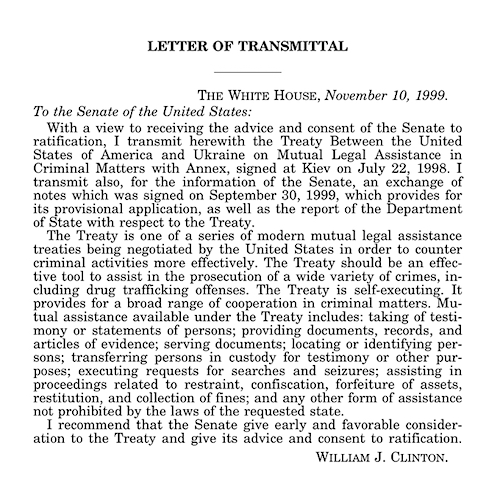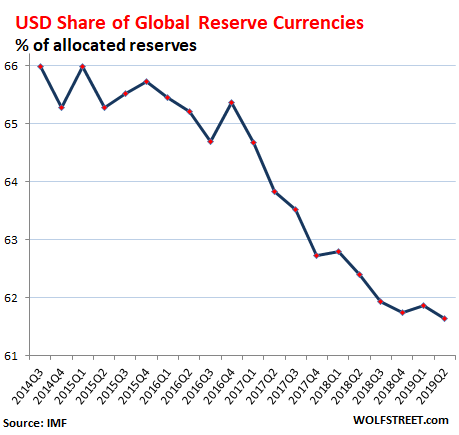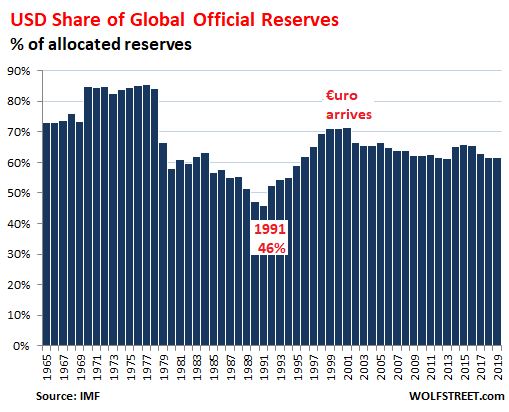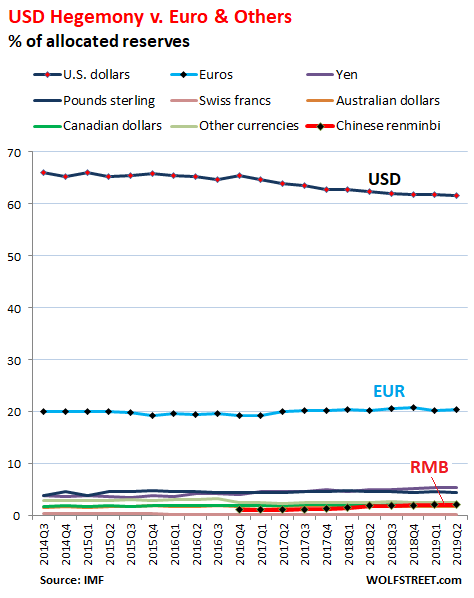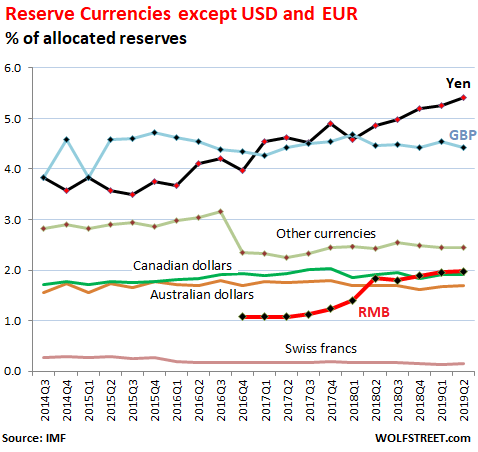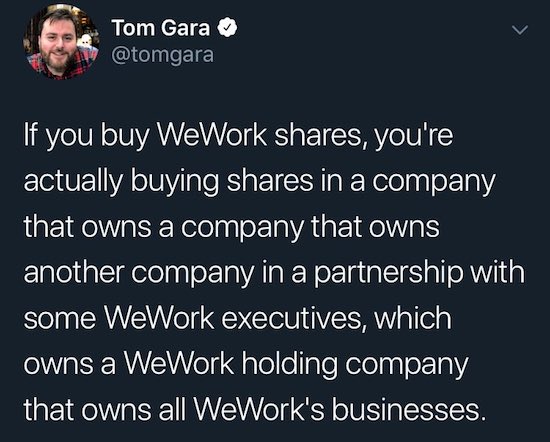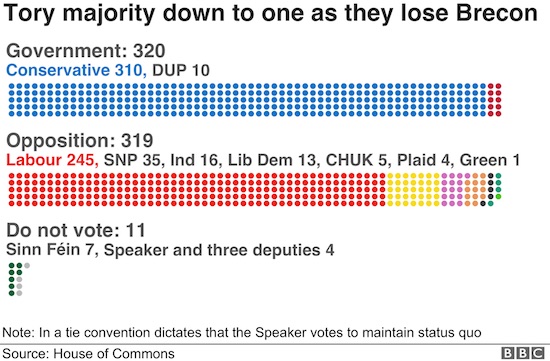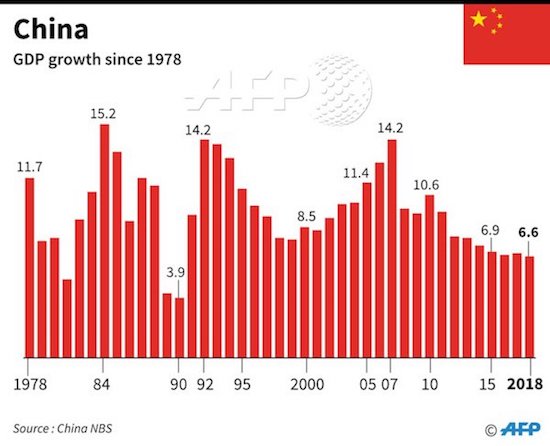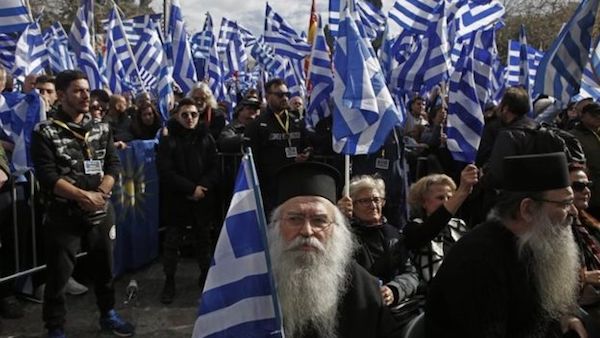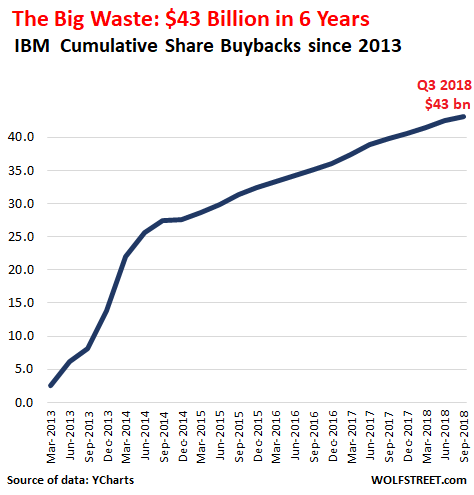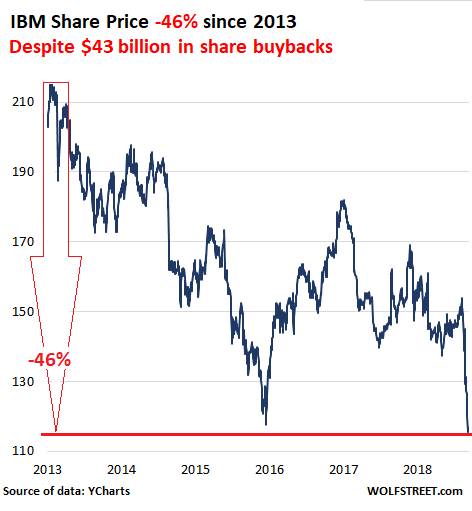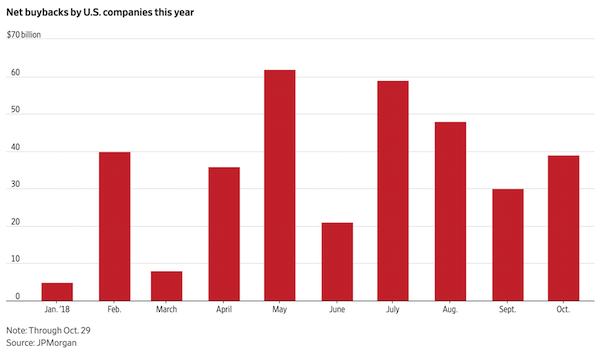
Henri Matisse Odalisque couchée aux magnolias 1923

Actual deaths after waxxine
Surely this isn't true, It MUST be fabricated data, but it's from Official Govt Sources… The Solid RED line is alleged deaths from Covid pre wax, The broken RED line is the trajectory of the future deaths as per curve and the solid BLUE is actual deaths after the Waxxine. pic.twitter.com/4Zzr6lwti0
— ✖️RISE✖️ OR ✖️DIE✖️ (@altern8ending) June 10, 2021

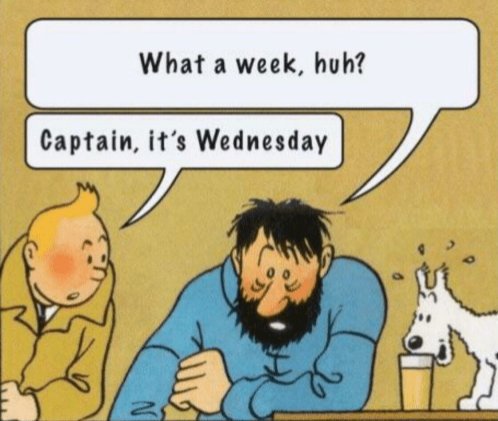

Neat little trick.
• CDC Claims Hospitalization Rising Among Unvaccinated Teens (Blaze)
In order to justify the forced vaccination of children, the powers that be would somehow have to overturn 15 months of observations that COVID is less a threat to children than the flu and that unvaccinated children are less at risk than vaccinated adults (100 times less at risk than seniors), even if we are to believe Pfizer’s efficacy data. “CDC director reports spike in teen hospitalizations, urges parents to vaccinate kids over 12,” was the headline at the Hill on Friday, reporting on the CDC’s new study of hospitalizations. Naturally, it caught my attention because we all know that hospitalizations among all age groups have been plummeting to record lows across the country in recent weeks.
It turns out that along with its Morbidity and Mortality Weekly Report (MMWR), the CDC published a “study” purporting to show an increase in hospitalizations among 12- to 17-year-olds, with one-third of them being in the ICU and 5% of them being placed on ventilators. CDC Director Rochelle Walensky was ready to pounce. “I am deeply concerned by the numbers of hospitalized adolescents and saddened to see the number of adolescents who required treatment in intensive care units or mechanical ventilation,” said Walensky in a statement. Of course, the solution is the great experimental gene therapy. “Until they are fully vaccinated, adolescents should continue to wear masks and take precautions when around other [sic] who are not vaccinated to protect themselves, and their family, friends, and community,” Walensky stated.
But there’s one problem. The CDC’s own data show that hospitalizations among all groups have plummeted over the past six weeks. It turns out they picked arbitrary start and end points – an old trick they’ve used with mask studies – which coincides with a period of increased hospitalizations among all age groups, including those with high vaccination rates. The study period of the CDC’s report was from March 1, 2020, to April 24, 2021. It just so happens that April 24 was roughly the peak period for ALL age groups! Most of that mini increase (after the major winter spread) was due to the final spring spread in the northeast and upper Midwest. Based on the CDC’s headlines, one would think that childhood hospitalizations are spreading now and that they are rising relative to other age groups. In reality, they have plummeted and only rose slightly from a near-zero baseline earlier this year along with other groups.
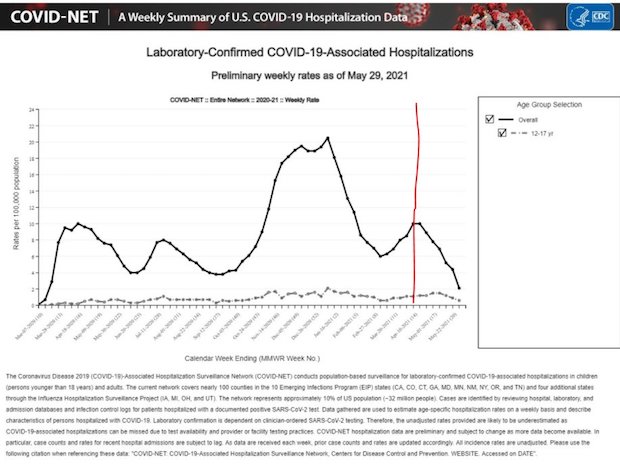

To make it clear once and for all.
• The Real Efficacy of Covid-19 Vaccines (OR)
Absolute Risk Reduction (ARR) and Relative Risk Reduction (RRR)
Why are ARR and RRR very important? Very simply, let’s assume you have 100 people in a Treatment group and another 100 people in a Control or placebo group. Then, let’s say that 2 people get Disease X in the Control group while one person gets Disease X in the Treatment group. The Relative Risk Reduction or RRR in this example is 50% because one diseased person is 50% or half of 2 diseased people. However, the Absolute Risk Reduction (ARR) is only 1% because in the treatment group, only one fewer people out of 100 participants got Disease X. You can also work it out using these formulas:
1) In the Treatment group, 1/100 got Disease X = 1% which is the EER (Experimental Event Rate)
2) In the Control or placebo group, 2/100 got Disease X = 2% which is the CER (Control Event Rate)
3) ARR (Absolute Risk Reduction) = CER – EER = 2% – 1% = 1%In a subtraction the % signs carry through the equation and are kept.
4) RRR (Relative Risk Reduction) = ARR divided by CER = 1% divided by 2% = 1/2
In a division, the % signs cancel each other out and are not kept, but 1/2 is the same as 50%.
Let’s say the Treatment in this example had side effects, as most treatments do. If a patient were offered this Treatment and was told that the “efficacy” (how well the treatment works) was only 1% (the ARR) which is the true efficacy, this patient would be much less likely to accept the Treatment and its side effects than if he or she were told the efficacy was 50%. Fifty percent sounds a lot more promising than 1% but it reflects only the comparison between the diseased people of each group. The ARR or 1% efficacy is much more accurate as it reflects how many more people out of 100 will be protected from Disease X as a result of the Treatment. To just say that the Treatment is 50% effective in this scenario by ignoring the ARR is to introduce outcome reporting bias.
[..] Analysis of Pfizer’s Data
1) In the vaccine group, 8/18,198 got Covid-19 infection (not death) = 0.044% This is the EER (Experimental Event Rate)
2) In the Control (placebo) group, 162/18,325 got covid-19 infection (not death ) = 0.884% This is the CER (Control Event Rate)
3) ARR (Absolute Risk Reduction) = CER – EER = 0.884% – 0.044% = 0.84% = 0.84/100 = 0.0084
4) RRR (Relative Risk Reduction) = ARR divided by CER or 0.84% divided by 0.884% = 0.95As this formula involves division, the percentage signs cancel out. 0.95 is the same as 95% which is what the Pfizer study reports for “efficacy.” An “efficacy” of 95% gives the impression that one is 95% less likely to catch Covid-19 if one is vaccinated with Pfizer’s Covid-19 vaccine. However,
5) the ARR or Absolute Risk Reduction, which is 0.0084 or 0.84%, is actually less than 1%
As shown under the ARR and RRR heading above, the ARR (of any study) is far more accurate than the RRR, but clearly, 95% sounds much more compelling than <1%. Referring to the “efficacy” of the Pfizer vaccine as 95% is not technically incorrect, but it is very misleading as this value does not properly inform the vaccine recipient. Such misrepresentation is at the very least unethical and at most illegal in many countries which require informed consent. Unfortunately, it is easy for outcome reporting bias to escape detection since the average individual, including the average doctor, does not understand ARR and RRR and will automatically assume that “95% efficacy” means 95% less likely to get Covid-19 in the real world.

How much longer?
• Fauci Compares Criticism Of Him To ‘Attacks On Science’ (RT)
White House health advisor Anthony Fauci pushed back against growing controversy surrounding him, equating attacks on him to “attacks on science.” While Fauci remains a leading force in the US government’s battle against Covid-19, he has become an increasingly divisive figure, especially in light of a recent dramatic flip on his position on vaccinated Americans masking, as well as leaked emails seemingly showing him wavering on public positions. Asked about continuing attacks from mainly conservative critics, Fauci equated the criticism to attacking science itself. “It’s very dangerous, Chuck, because a lot of what you’re seeing as attacks on me quite frankly are attacks on science, because all of the things that I have spoken about consistently from the very beginning, have been fundamentally based on science,” he told MSNBC’s ‘Meet the Press’ hosted by Chuck Todd.
While critics have argued Fauci’s emails show he was perhaps more open to a lab leak theory behind Covid-19 privately than publicly and flip-flopped his position on masking, the infectious disease expert has denied any wrongdoing in the messages. “If you go through each and every one of them you can explain and debunk it immediately,” he said. As he has done in the past, Fauci argued that when he has seemingly changed his position on issues like masking, it’s because new data has been presented. “As a scientist, as a health official, when those data change, when you get more information, it’s essential that you change your position because you’ve got to be guided by the science and the current data,” he said. It was Fauci’s “science” defense that really stirred his critics – and Fauci believes they want him “fired” or “put in jail.”
Beyond the dangerous arrogance and pomposity of proclaiming ‘anyone who criticizes me is attacking Science’ – thus placing himself off-limits from questioning – he *admitted* he purposely issued false, anti-science, politicized claims, such as telling people not to wear masks,” journalist Glenn Greenwald tweeted.
Fauci
Dr Fauci voices plans to give the Covid vaccine to any age child / baby, via "age de-escalation."
Source: https://t.co/X0tbfCuXaF pic.twitter.com/3dRfFSUwc7— Heidegger (@heidegger79) June 9, 2021

Yeah, sure Fauci would like that! Then again, as long as it’s the WHO doing the inquiry, he has nothing to fear.
• G7 Leaders Will Call For Fresh WHO Inquiry Into Covid Origins (G.)
Leaders at the G7 summit will call for a new, transparent investigation by the World Health Organization into the origins of the coronavirus, according to a leaked draft communique for the meeting. The call was initiated by Joe Biden’s administration and follows the US president’s decision to expand the American investigation into the origins of the pandemic, with one intelligence agency leaning towards the theory that it escaped from a Wuhan laboratory. The broad consensus among scientific experts remains that the most likely explanation is that Covid-19 jumped to humans from an animal host in a natural event. An on-the-ground investigation by WHO experts earlier this year concluded t it was “extremely unlikely” the pandemic began in a laboratory.
According to Bloomberg News, which said it had sight of the draft communique, the G7 will also commit to deliver 1bn extra doses of the Covid-19 vaccine over the next year to accelerate global protection against the disease. The move may disappoint aid agencies that want most of the world’s 8 billion people to be vaccinated, but the communique will argue that the fresh commitment will dramatically increase the number of people in the developing world offered a vaccine. Ahead of his arrival at the summit, Biden said the US would commit to buying 500m doses of the vaccine for distribution to developing countries. The communique, which is often leaked ahead of the G7 summit, is due to be finalised on Sunday following a three-day meeting in Cornwall. At the 2020 summit in France, leaders abandoned publishing a list of commitments after Donald Trump refused to sign the letter.
Biden to announce a “vaccine plan for the world”
https://twitter.com/i/status/1402688704767041539

May have?
• Covid Distancing May Have Weakened Children’s Immune System (G.)
Scientists are concerned that measures to combat Covid-19 have weakened the immune systems of young children who have not been able to build up resistance to common bugs, leaving them vulnerable when mask-wearing and social distancing eventually end. Contact with viral pathogens happens on a fairly regular basis and although it does not always lead to sickness, the exposure helps shore the immune system against the threat should the bugs be encountered again. Over the past 14 months or so, protracted restrictions on mixing and travel, alongside mask-wearing and social distancing, have not only reduced the risk of Covid but other respiratory bugs such as the flu – cases of which were basically nonexistent last winter, according to surveillance data largely encompassing England compiled by the Royal College of GPs (RCGP).
However, virologists are concerned about RSV, a virus that can cause serious lung infections requiring hospital admission, and sometimes even death, in children under the age of one – and for which there are no approved vaccines. “Flu worries me, but there is a vaccine – and so the most vulnerable will still have access to the vaccines,” said Dr Catherine Moore, consultant clinical scientist for Public Health Wales. She warned that RSV currently has no vaccine. “Whereas what Covid has done has caused a big issue in our adult ICUs, we may see conversely problems in our paediatric hospitalisations and intensive care,” she said. Pre-Covid, most children encountered most seasonal viruses before they turned 18 months old.
But the biggest influx in paediatric hospital wards each winter are babies under the age of one who have for the first time been infected with RSV – because their lungs are not well developed, their bodies struggle to fight off the infection, explained Moore. Scientists are worried that if life begins to go back to pre-Covid normality, respiratory viruses that typically circulate every winter will return alongside the coronavirus. Moore said she was particularly worried about the risk of RSV in young children. “We’ve got two cohorts now of children who’ve never met the virus, so they are susceptible, but there’s two years’ worth of them!” Before the pandemic, data suggested more than 30,000 babies and children under five were admitted to hospital every year in the UK because of RSV. Assuming “normality” resumes later this year, “we are preparing for a significant impact in paediatrics”, said Moore.

Is it Sinopharm?
• Mongolia Reports Fresh COVID Outbreak Despite High Vaccination Rates (ZH)
For weeks now, Mongolia has been touted as an unexpected success story in the international vaccination project: the poor, mostly rural country lies between northeastern China and Russia’s resource-rich east. The country, which struck deals with its neighbors to stock its vaccine coffers months ago, drew attention due to its climbing international vaccination rate. But in recent days, Mongolia’s COVID-19 rate has surged, raising questions about the efficacy of China’s vaccines. More than half of Mongolia’s population has been fully vaccinated. But despite this, the country reported 1,312 new cases of the coronavirus on Wednesday as the country’s total infections neared 70K, with almost all of those recorded since January. New daily infections have risen more than 70% in the past two weeks, according to a New York Times database.
The landlocked nation has easily secured enough doses of the vaccine from Russia and China. And as its case numbers rise, Sinopharm’s vaccine has come under scrutiny because of a lack of transparency in its late-stage trial data. The vaccine faced more questions after the island nation of the Seychelles, which relied heavily on Sinopharm to inoculate its population, also saw a spike in cases, although most people did not become seriously ill. “Inactivated vaccines like Sinovac and Sinopharm are not as effective against infection but very effective against severe disease,” said Ben Cowling, an epidemiologist and biostatistician at the University of Hong Kong School of Public Health. “Although Mongolia seems to be having a spike in infections and cases, my expectation is that there won’t be large number of hospitalizations,” he added.
Doubts about the efficacy of China’s Sinopharm jab have been spreading for months, as the vaccine was repeatedly shown to be less effective than the new mRNA jabs from Pfizer and Moderna-BioNTech. In some areas, mutant strains may be spreading fast enough to cause concern even in countries where much of the population has vaccinations effective against them: Britain is dealing with a rise in cases linked to the Delta variant, despite having more than half of its adult population fully vaccinated, largely with shots from AstraZeneca and Pfizer. Still, the wave of infections has raised questions in Mongolia over why the government relied on the Sinopharm shots instead of a vaccine proven to be more effective.

“If even a fraction of these cases succeed, it could cost J&J in the trillions.”
• J&J Must Pay $2 Billion In Landmark Talcum Baby Powder Trial (ZME)
In 2018, a court verdict ordered Johnson and Johnson to pay $2.1 billion to 22 plaintiffs who claimed the company’s talcum baby powder contained asbestos and caused ovarian cancer. It’s a hefty fine, but the stakes are even higher — as the company faces around 21,000 other trials. The story (or at least one part of it) starts in 1999, when J&J was sued by a woman who had used their baby powder. She claimed that the powder gave her cancer. The woman (and her lawyer) had a hunch that the company’s baby powder was contaminated with asbestos, but couldn’t prove it. It seemed to make sense: in nature, talc and asbestos (both naturally-occurring minerals) are often found together, so there’s a significant risk of contamination. But without hard evidence, the case was dropped. As it turns out, Johnson and Johnson had the hard evidence all along.
The company, which denied any wrongdoing, had numerous lab tests showing that their product sometimes contained small amounts of asbestos, a known carcinogen. Two decades later, they were ordered to release these lab tests during a much larger trial that involved 11,700 plaintiffs, who all claimed the same thing: Johnson and Johnson’s baby powder sometimes contains asbestos. According to a Reuters investigation, J&J knew they were in the wrong, and hid it from both the public and regulators. In light of these findings, a Missouri jury initially awarded the women $4.7 billion — but an appeal dropped two women from the suit and reduced the award to $2 billion. The judge in that case ruled that the company had “misrepresented the safety of these products for decades” and demonstrated “particularly reprehensible conduct.”
J&J tried to push things even further. The case initially combined the claims of almost two dozen plaintiffs from 12 states. The company argued to the Supreme Court that the sprawling nature of the case violated the Constitution’s due process clause. But without comment, the top US court refused to consider J&J’s objections. “Today justice is served,” said Mark Lanier, the women’s lawyer. “Twenty families now get compensated for a horrible, unnecessary disease. And J&J, the trigger for that disease, is held accountable.” Jurors in the initial case awarded each woman $25 million in compensatory damages, in addition to the company fine. For J&J, this could be only the beginning. The company faces more than 26,000 lawsuits blaming baby powder for causing cancers — which could be the biggest litigation lawsuit in history. If even a fraction of these cases succeed, it could cost J&J in the trillions.

Lafayette Park. Who will be held accountable?
• Yet Another Media Tale Collapses (Greenwald)
The independent Inspector General of the Interior Department, Mark Lee Greenblatt, issued his office’s findings after a long investigation into “the actions of the U.S. Park Police (USPP) to disperse protesters in and around Lafayette Park in Washington, DC, on June 1, 2020.” Greenblatt has been around Washington for a long time, occupying numerous key positions in the Obama administration, including investigative counsel at the Department of Justice’s Office of Inspector General and Assistant Inspector General for Investigations at Obama’s Commerce Department. The letter released by Greenblatt’s office accompanying the report makes clear how far-reaching the investigation was:
“Over the course of this review, our career investigative staff conducted extensive witness interviews, reviewed video footage from numerous vantage points, listened to radio transmissions from multiple law enforcement entities, and examined evidence including emails, text messages, telephone records, procurement documents, and other related materials. This report presents a thorough, independent examination of that evidence to assess the USPP’s decision making and operations, including a detailed timeline of relevant actions and an analysis of whether the USPP’s actions complied with governing policies.”
The IG’s conclusion could not be clearer: the media narrative was false from start to finish. Namely, he said, “the evidence did not support a finding that the [U.S. Park Police] cleared the park on June 1, 2020, so that then President Trump could enter the park.” Instead — exactly as Hemingway’s widely-mocked-by-liberal-outlets article reported — “the evidence we reviewed showed that the USPP cleared the park to allow a contractor to safely install anti-scale fencing in response to destruction of Federal property and injury to officers that occurred on May 30 and May 31.” Crucially, “the evidence established that relevant USPP officials had made those decisions and had begun implementing the operational plan several hours before they knew of a potential Presidential visit to the park, which occurred later that day.”

Good Friday.
• EU-UK Talks On Northern Ireland Appear Close To Collapse On Eve Of G7 (G.)
Talks between the EU and the UK over Northern Ireland appear on the brink of collapse as London indicated it was still considering unilateral action to keep unhindered supplies flowing from Great Britain into the region. The European commission vice-president, Maros Sefcovic, said patience was “wearing very, very thin” and described the relationship with the UK as “at a crossroads”. Amid fears that the escalating crisis over Northern Ireland would develop into a trade war, David Frost, the Brexit minister, said there had been “no breakthroughs” over the Brexit checks but no “breakdowns” after a two-hour meeting with Sefcovic in London.
They agreed to continue to try to find a solution before 30 June when a ban on chilled meats including sausages and mincemeat is due to come into force. Late on Wednesday, Boris Johnson insisted that there was no crisis. “I’m very very optimistic about this. I think that’s easily doable,” he said, referring to an issue that was at the heard of the fraught Irish border negotiations two years ago: preventing a border on the island of Ireland while protecting trade within the UK post-Brexit. Johnson’s optimism could face a challenge at the G7 meeting on Thursday, however, when Joe Biden will warn him and the EU not to “imperil” the Northern Ireland peace process.

Playing with fire.
• Joe Biden Accuses Boris Johnson Of ‘Inflaming’ Tensions In Ireland (Sun)
Joe Biden has accused Boris Johnson of “inflaming” tensions in Ireland ahead of their first meeting in Britain today. The President is expected to address post-Brexit peace with the Prime Minister to ensure that the Good Friday Agreement is protected – as Britain and the EU try to resolve the issue of checks in the Irish Sea. But tensions over Britain’s handling of Irish issues have already been voiced by Biden, reports The Times. Yael Lempert, America’s most senior diplomat in Britain, told Lord Frost, the Brexit minister, that the government was “inflaming” tensions in Ireland and Europe with its opposition to checks at ports. Lempert said she had been told to take the step of issuing London with a demarche – which is a formal diplomatic reprimand rarely exchanged between allies.
The memo said that the US “strongly urged” Britain to come to a “negotiated settlement”, even if that meant “unpopular compromises,” according to reports. In a meeting on June 3, the US diplomat warned Frost that the increasingly bitter dispute between Britain and the EU over the protocol was “commanding the attention” of Biden before his first meeting with Johnson today. Ahead of the talks, Mr Biden’s national security adviser Jake Sullivan warned that the president harbours “very deep” concerns on the issue provoked by Brexit. Mr Sullivan said the president believes the post-Brexit Northern Ireland Protocol is “critical” to ensure that the Good Friday Agreement is protected – as Britain and the EU try to resolve the issue of checks in the Irish Sea.

Ha ha ha!
• Zelensky Tells Biden Ukraine Needs Clear Plan For Accession To NATO (ZH)
Ukrainian President Volodymyr Zelensky stressed in his phone conversation with U.S. President Joe Biden on Monday that Ukraine needs “a real step-by-step plan” tied to calendar dates for its accession to NATO, the chief of the Ukrainian presidential office Andriy Yermak said according to a report on Ukraine’s official website. The time of statements and declarations of intent should be a thing of the past, Zelensky told Biden. “There can be no doubt that Ukraine is an integral part of Europe in terms of its value foundation. Now, in the new situation in Europe, we need a logistical plan for Ukraine’s accession to the Alliance in the near future. NATO is a way of maximum protection for our country,” Zelensky said.
According to a second official report, Zelensky also informed Biden about the situation in Donbas, a Ukrainian territory temporarily occupied by Russian-backed separatists, and explained the reasons and nature of the periodic escalation of the conflict. “The so-called withdrawal of Russian troops is only an imitation,” Zelensky said. There was still a high concentration of Russian troops and heavy weapons in the temporarily occupied Ukraine’s territories and near the Ukrainian border, he explained. “Ukraine’s move to NATO is also an opportunity to achieve the preconditions for establishing a stable and lasting peace in Donbas,” the second report states.
NATO Secretary General Jens Stoltenberg said on June 4 during an event at The Brookings Institution that the best way for Ukraine to move toward membership in NATO is to implement reforms to fight corruption and to modernize its defense and security institutions. “We are helping [Ukraine] with that as they move toward further Euro-Atlantic integration,” he added. NATO provides support to Ukraine in the form of training and capacity building, Stoltenberg said, and encouraged NATO Allies “to do more of that.”

We try to run the Automatic Earth on donations. Since ad revenue has collapsed, you are now not just a reader, but an integral part of the process that builds this site. Thank you for your support.

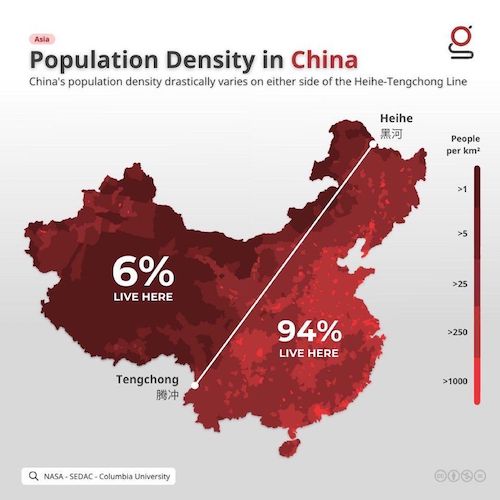

Support the Automatic Earth in virustime. Click at the top of the sidebars to donate with Paypal and Patreon.





